FEATURES • BRANDS
Molding a Better
Future:
The Inspiring
Story of Kevala
Ceramics
Words & Photography by The Punch
For over two decades, Kevala Ceramics has been a cornerstone of Bali’s creative community, bringing to life Wendy Thomas’s deep connection to artistry and the environment. What began as a modest vision has flourished into a renowned ceramics studio with a dedicated team of over 150 specialized potters, painters, carvers, and designers. From hand-carving molds to wheel throwing and intricate surface detailing, every item passes through no fewer than 12 pairs of expert hands, resulting in bespoke collections that reveal artistic mastery and rich cultural heritage.
Kevala’s commitment to sustainability is evident in every aspect of its production. In a plastic-free facility, the team maintains a respectful relationship with nature–particularly clay, a finite resource they handle with the utmost care and respect. Their purpose-built workshop seamlessly integrates with its natural surroundings. Air flows freely through latticed brick walls, while skylights flood the space with natural light, lessening the need for artificial lighting and energy consumption.
True to its eco-conscious mission, Kevala processes its waste materials to create a 100% recycled clay body. Using clay and glaze residues alongside other reclaimed materials such as marble and granite factory slurries and glass fragments to create new bodies of work made entirely from recycled waste. Kevala’s innovation also extends beyond ceramics. In collaboration with Patina Maldives and Crafting Coral, they’ve diversified their community partnerships to support coral restoration, creating stunning handmade structures that aid reef propagation.
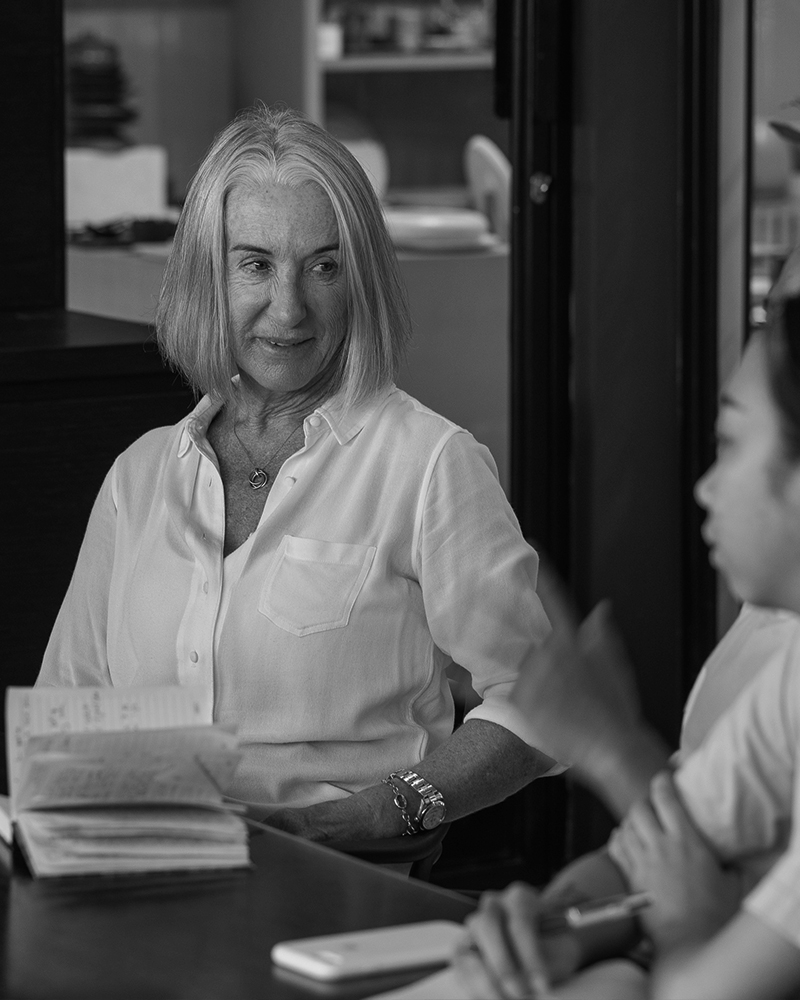
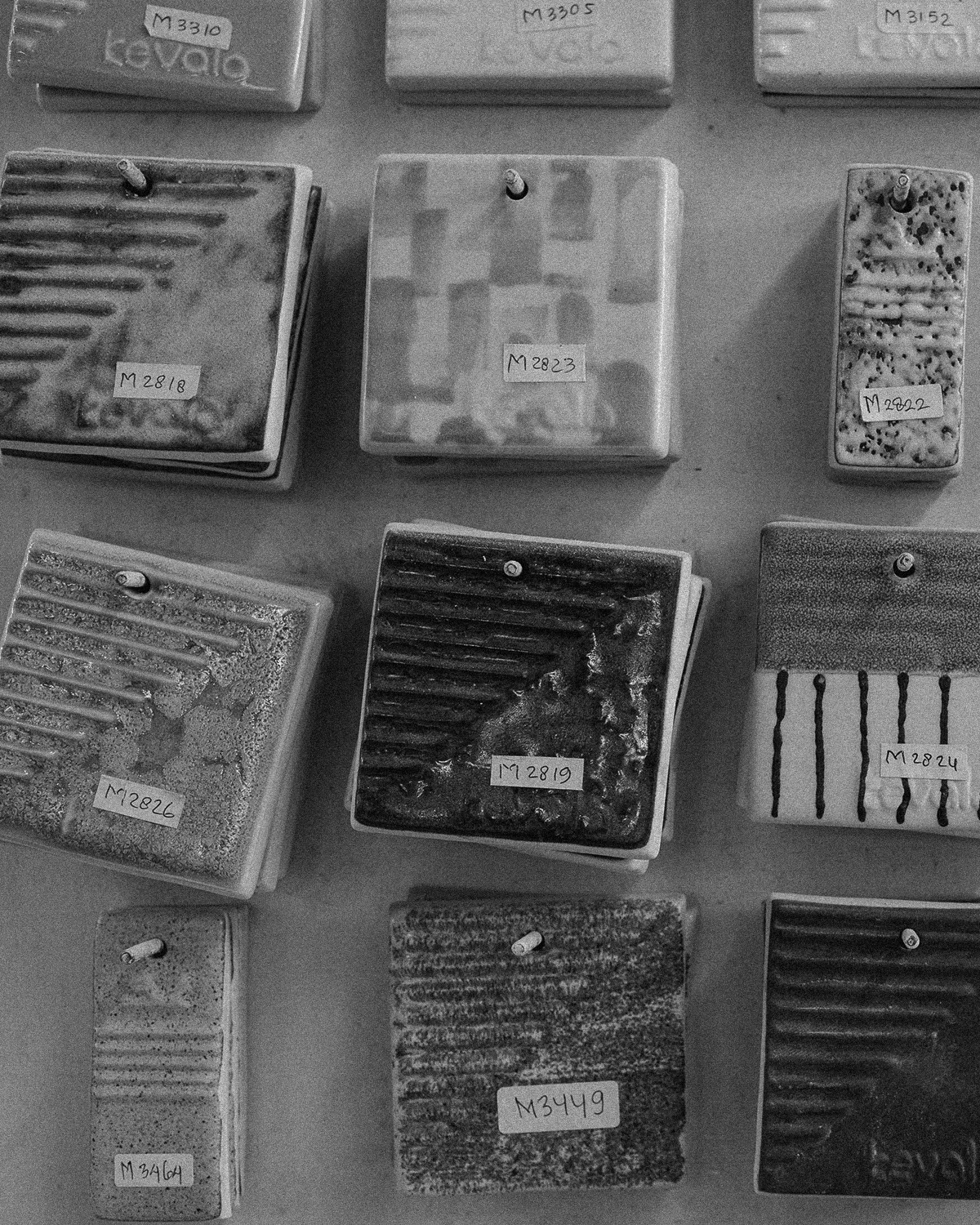
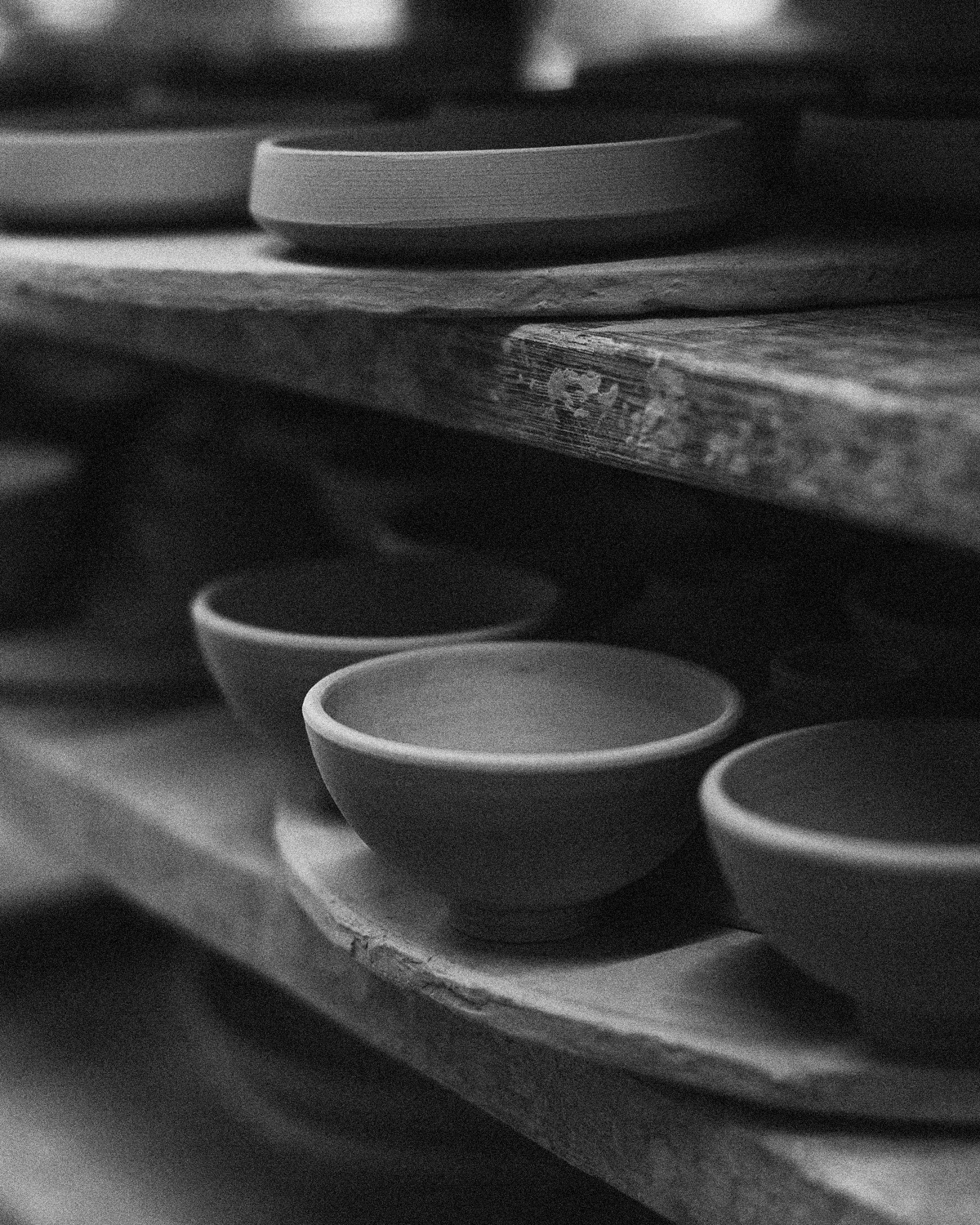
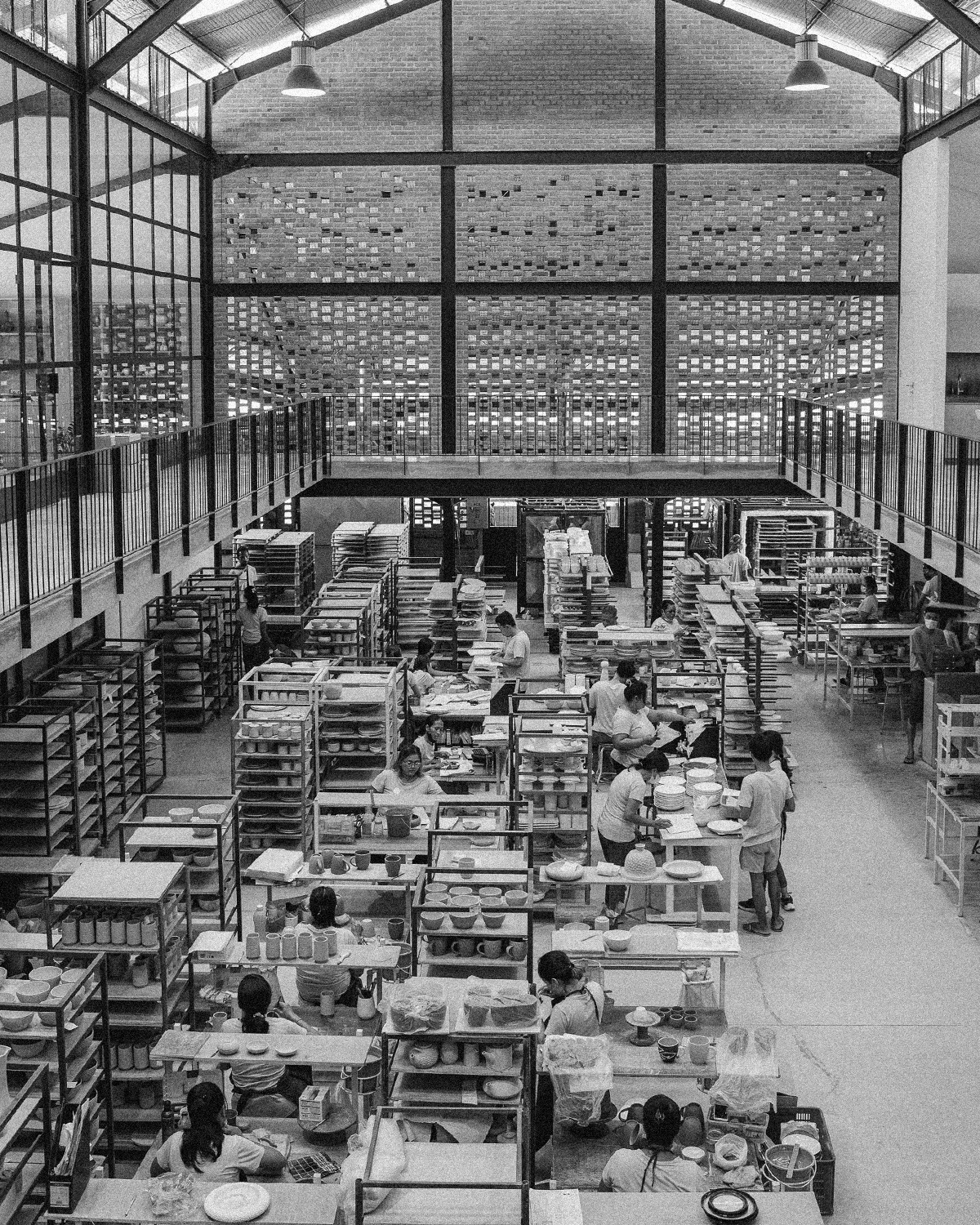
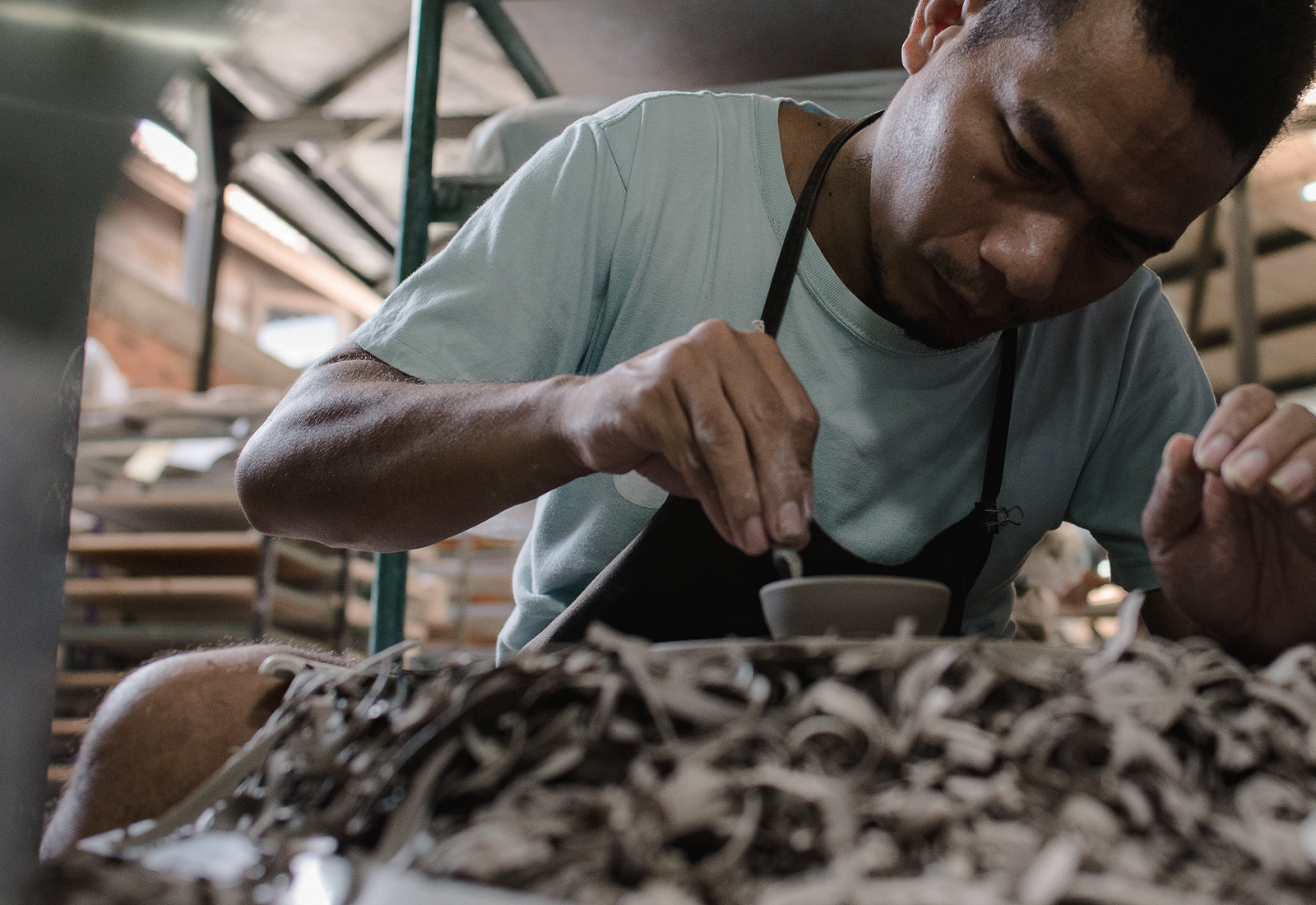
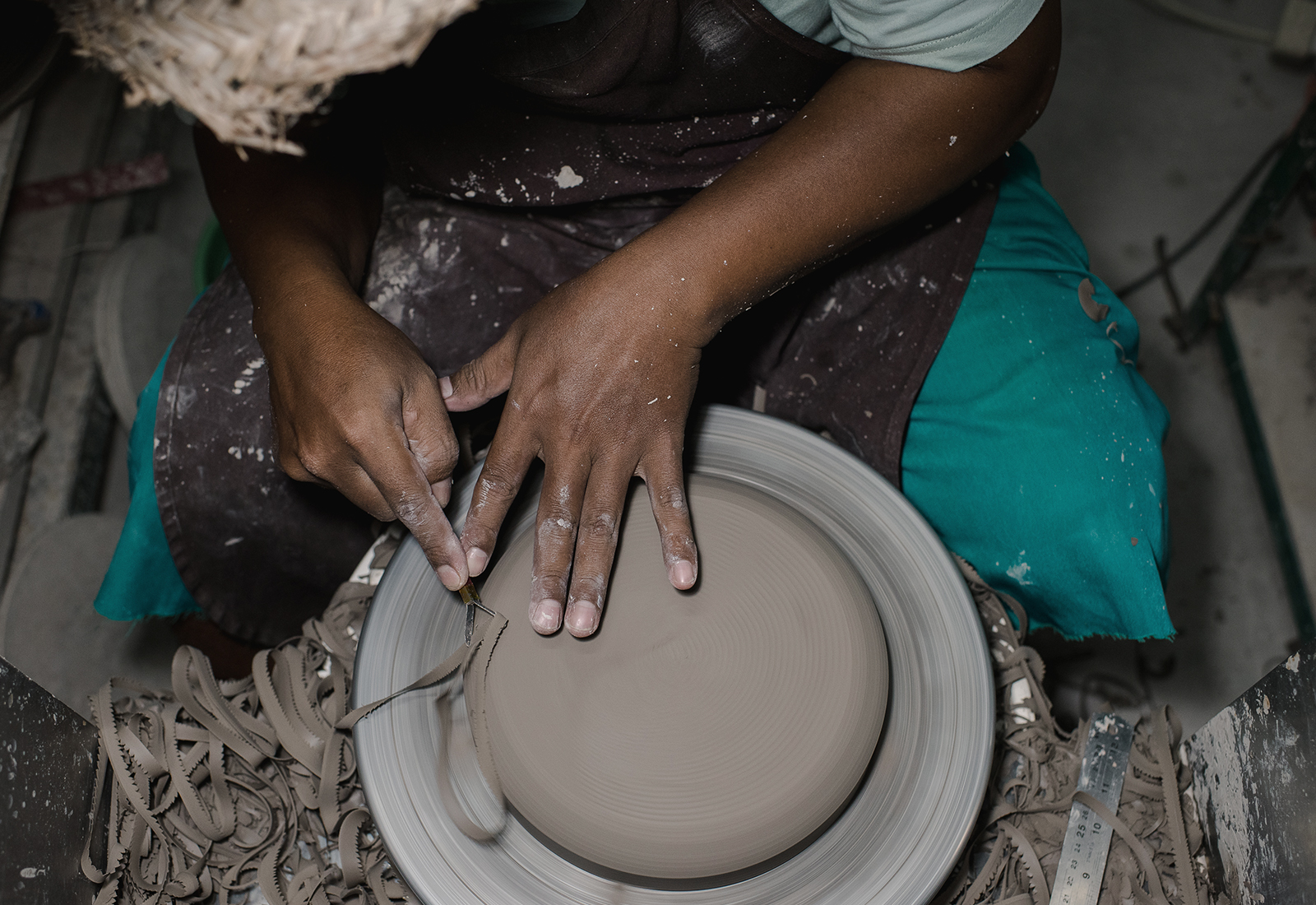
WENDY'S JOURNEY
For more than 30 years, Bali has been Wendy’s home, though her roots trace back to the United Kingdom. In 2007, she founded Kevala Ceramics, a chapter in her life that she believes was set in motion long before she arrived on the island. Wendy’s introduction to ceramics began during her time at a previous company that happened to have a ceramics division. An opportunity presented itself for Wendy to lead the ceramics in a new direction and she was up for the challenge.
Wendy’s path wasn’t always clear. After finishing school, she chose to forgo university and instead entered the workforce without a goal in mind. Although she built a successful career in the electronics industry, she felt a pull for more. In her late 20s, a pivotal moment came when she spotted an advertisement offering the opportunity to immigrate to Australia.
Before embarking on this new chapter, friends encouraged Wendy to explore Asia. She made a stop in Bali, intending to stay no longer than 12 months. Yet years later, she remains captivated by the island's beauty and the endless possibilities it continues to offer.
KEVALA'S BEGINNINGS: EVOLVING WITH PURPOSE
Kevala’s journey has been one of growth and transformation, grounded in a commitment to craft and quality. For Wendy, the ceramics industry is constantly evolving, with new challenges and opportunities emerging each day. While her focus has always been on delivering exceptional products and client experiences, the importance of branding wasn’t fully realized in the early years.
Navigating the shift to digital marketing was a learning process for Wendy and a brand refresh had long been on the horizon. Despite initial efforts through social media and the website, Kevala’s unique value wasn’t fully conveyed. It wasn’t until Wendy found the right creative partnership that the brand began to take shape in a way that truly resonated. Together, they developed a cohesive style guide and launched a new website, aligning Kevala’s identity with Wendy’s vision.
The new tagline, “Where Vision Takes Shape,” captures the essence of Kevala’s mission: turning clients’ ideas into reality through bespoke tableware. It’s a simple yet powerful expression of the brand’s story, where every collaboration brings a unique vision to life.
CONNECTING CULTURES: A GLOBAL AMBITION
Kevala’s dedication to circular systems and sustainable material practices has introduced a fresh wave of values to the company. As Bali continues to evolve, so must its businesses, and the company has embraced this shift by integrating reclaimed materials and launching an internal education program focused on sustainable practices.
Though Kevala has traditionally served a local market, exporting half of its production, the recent rebranding has positioned the company for a global audience. Through trade shows, industry associations, podcasts, and digital outreach, Wendy is connecting Kevala with international sustainability efforts. Alongside recognition as the Isola Design Award in Milan, she’s determined to deepen Kevala’s global impact and contribute to a more sustainable future.
TRANSFORMATIVE PRACTICES
Kevala’s work with finite resources such as feldspars, clays, and silicas underscores the importance of sustainable production. By reclaiming waste materials from other industries, Kevala not only conserves raw materials but also prevents harmful waste from polluting ecosystems. For instance, the company transforms toxic waste streams into usable materials, thereby mitigating the environmental impact on local waterways and soils.
Beyond material reclamation, Kevala has taken steps to reduce its ecological footprint through adaptive infrastructure. The installation of rainwater harvesting systems and recycling of production wastewater is part of a broader commitment to low-impact production–an essential practice on an island where water scarcity is a growing concern.
The Cleaner Dishes initiative extends this commitment across the entire factory, encouraging employees, clients, and suppliers to take part in reducing environmental impact. By creating behavior change and promoting shared responsibility, Kevala is driving a collective shift toward more conscious production and long-term sustainability.
CRAFTING CORAL: NURTURING OCEAN CONSERVATION
Launched over a year ago in the Maldives, the Crafting Coral program supports ocean conservation by partnering with local communities to create hand-built ceramic structures for coral propagation. With expansion to Lombok and Gili Asahan and upcoming plans for Sanur, the initiative continues to grow. The Sanur workshops will enable participants to create ceramic coral devices and engage in the coral planting process, focusing on education and raising awareness about ocean conservation.
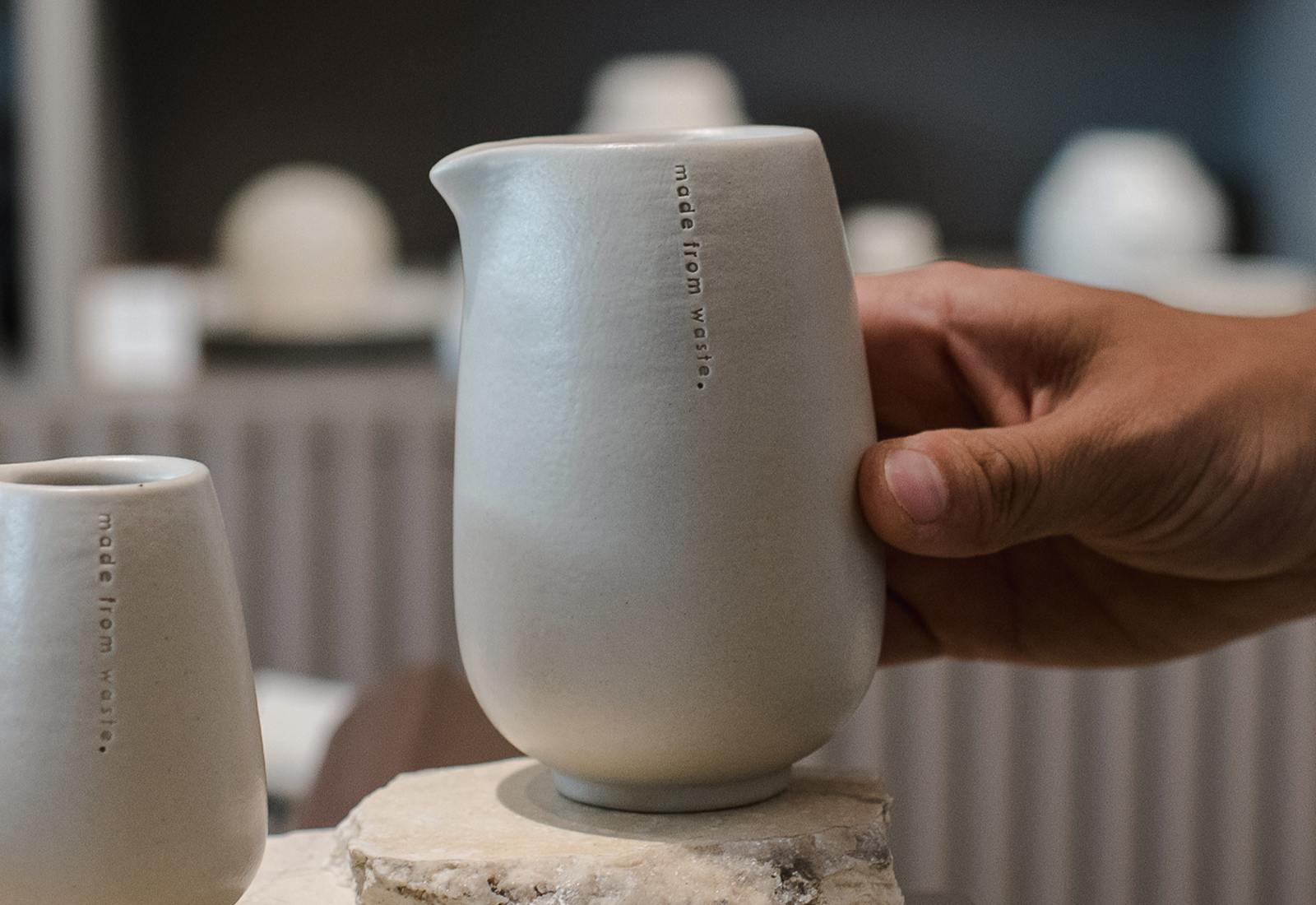
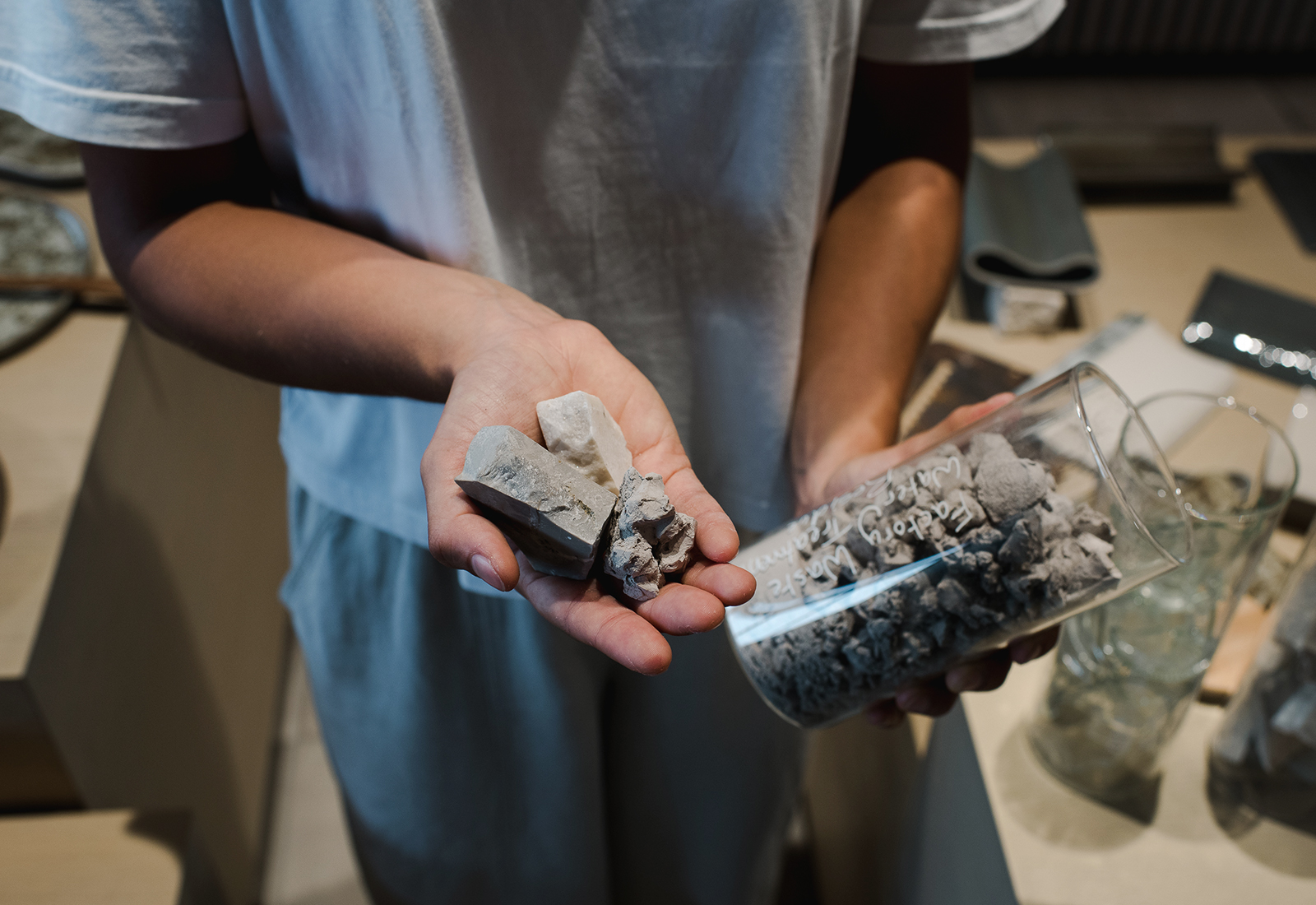
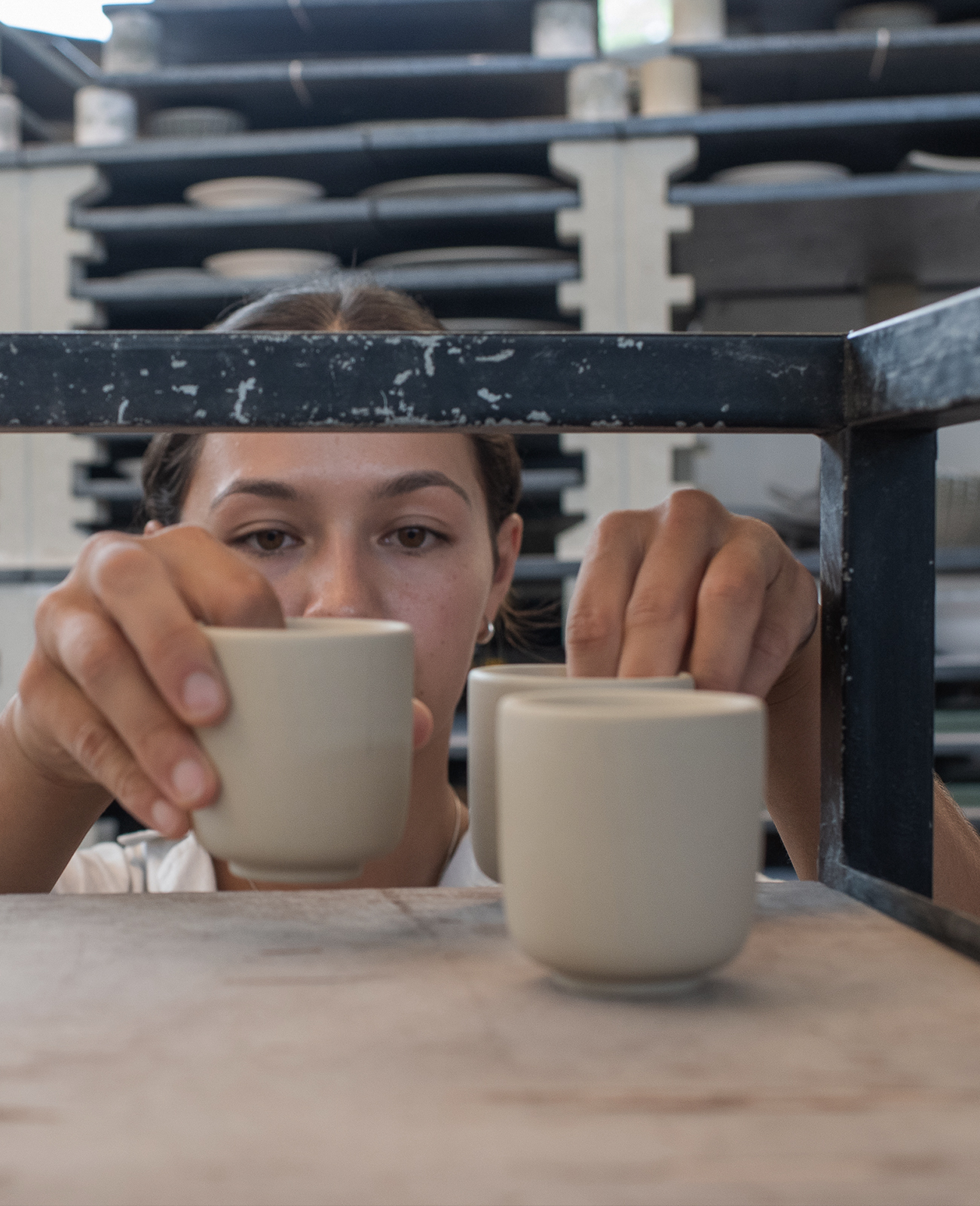
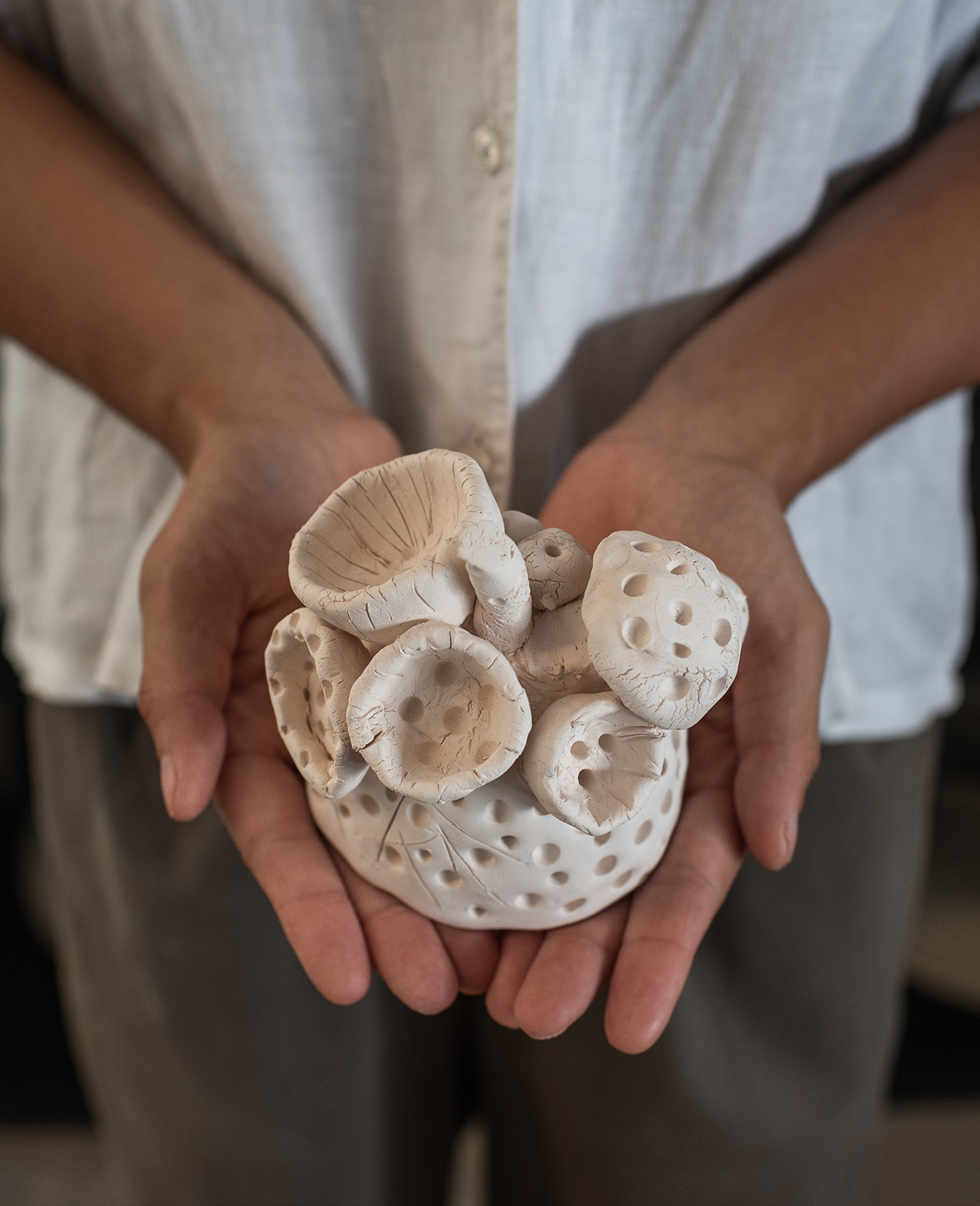
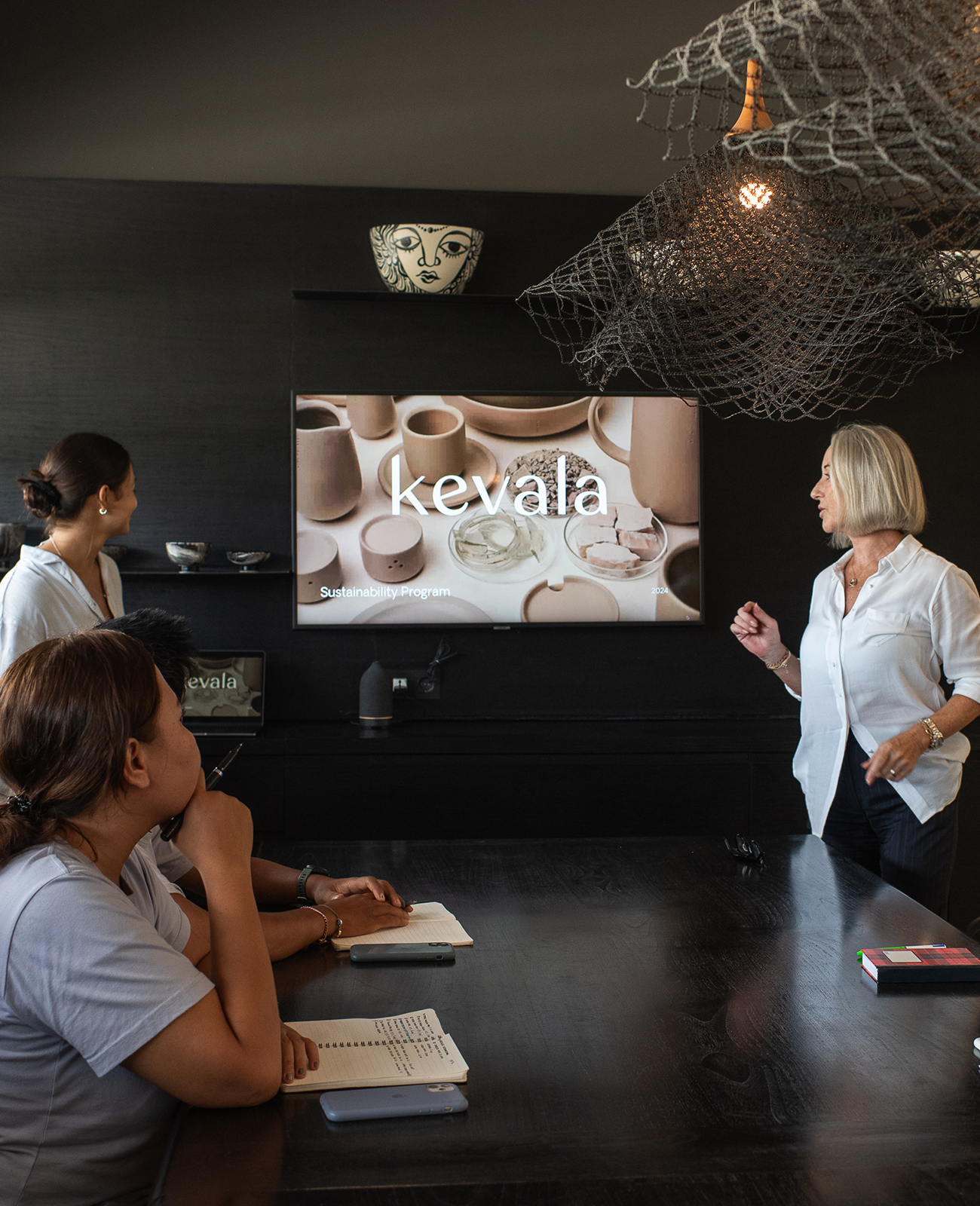
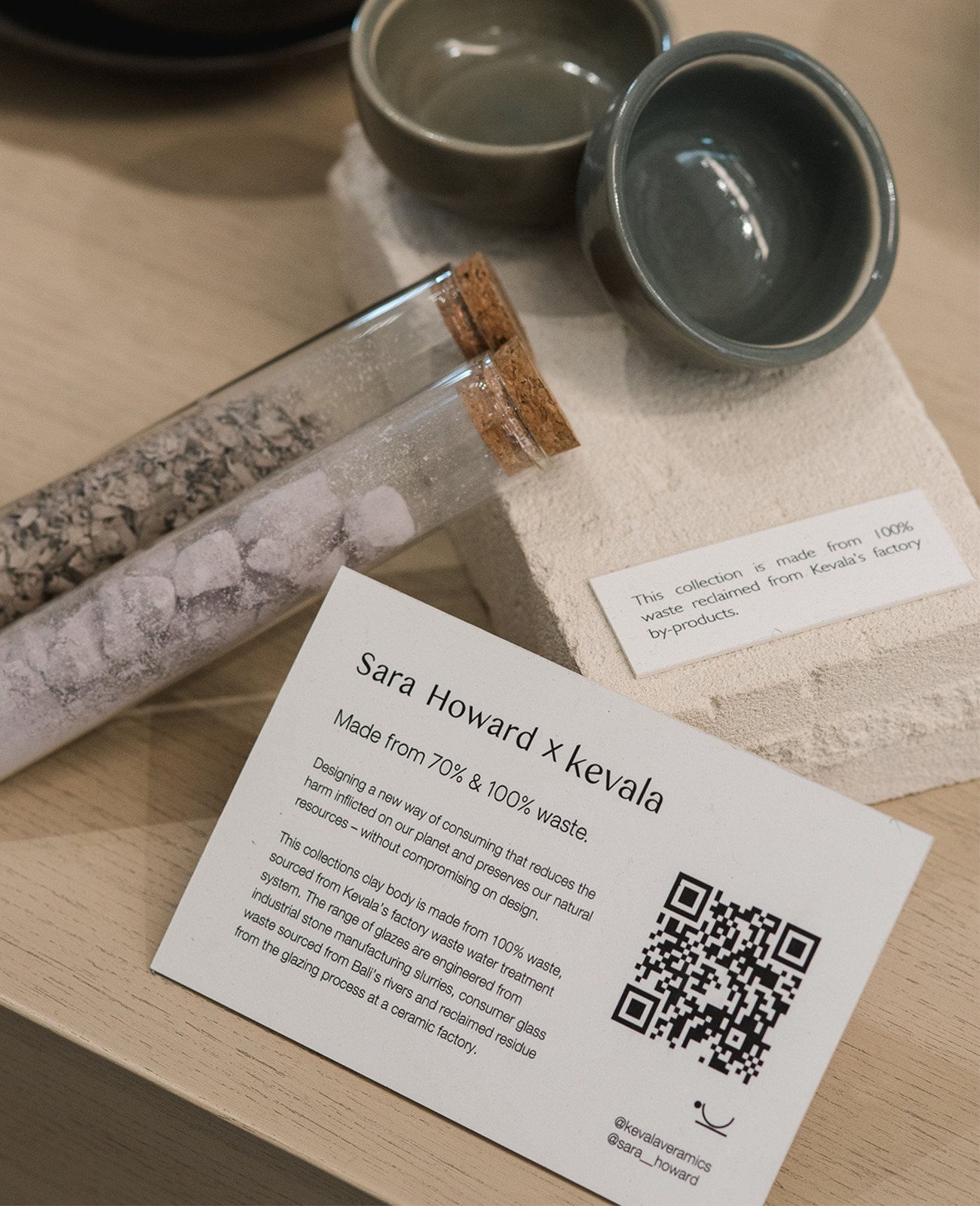
THE 'MADE FROM WASTE' COLLECTION
A simple phone call sparked the collaboration between Kevala Ceramics and Sara Howard. Wendy recalls the moment as serendipitous, with Sara addressing concerns Wendy had long struggled with–materials, supply, and waste streams. Sharing a common vision for circular systems, the partnership grew naturally, without a rigid plan.
Over the past two years, Kevala and Sara have navigated challenges and celebrated significant milestones. While Sara has spearheaded the groundwork, Wendy has provided support through investment, mentorship, and local connections in Indonesia. Their collaboration has revived Kevala’s approach, deepening the brand’s dedication to sustainable practices.
Among their key achievements is the establishment of a bioregional material library, now incorporated into Kevala’s product line. The "Made from Waste" collection stands as a proud testament to this partnership, featuring ceramics crafted from production byproducts. In collaboration with Sungai Watch, Kevala reclaims post-consumer glass from Bali’s rivers, processes waste from marble and granite factories, and partners with local waste pickers to integrate regional waste into their products.
FUTURE ASPIRATIONS
Kevala continues to expand its environmental initiatives through the Cleaner Dishes program. Initially focused on educating its 200 employees, the program now reaches local schools, institutions, and international students studying sustainable practices. Wendy invites community leaders to share their expertise as Kevala’s team takes part in clean-up activities and deepens its sustainable efforts.
The new annex will be equipped with rainwater harvesting, solar energy, and renewable water systems. While communicating these initiatives internally presents challenges, Wendy is dedicated to helping the team understand the significance of Kevala's journey toward a brighter, more sustainable future.
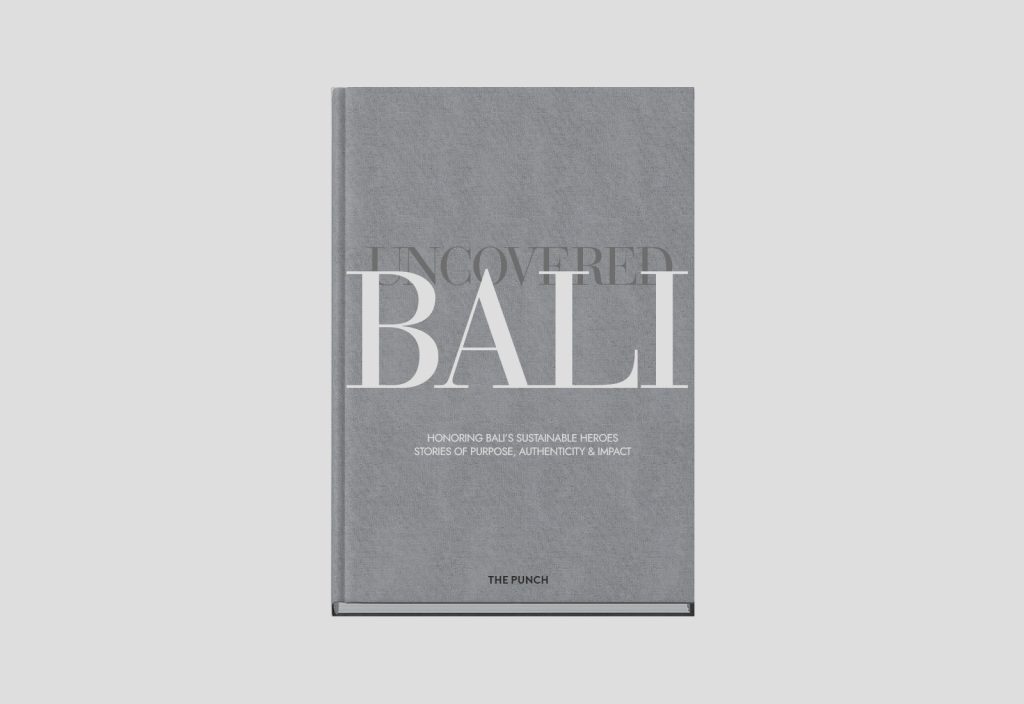
EXPLORE THE FULL STORY IN UNCOVERED BALI BOOK
Uncovered Bali is a collective project showcasing the sustainable journeys of carefully selected Bali businesses to a global audience. Each story highlights the unique impact these enterprises have on preserving Bali’s cultural and environmental heritage while driving positive change. Through this project, we aim to inspire global leaders, travelers, and communities to embrace more sustainable practices and appreciate the powerful role that local businesses play in shaping a better future.
EXPLORE THE PUNCH

